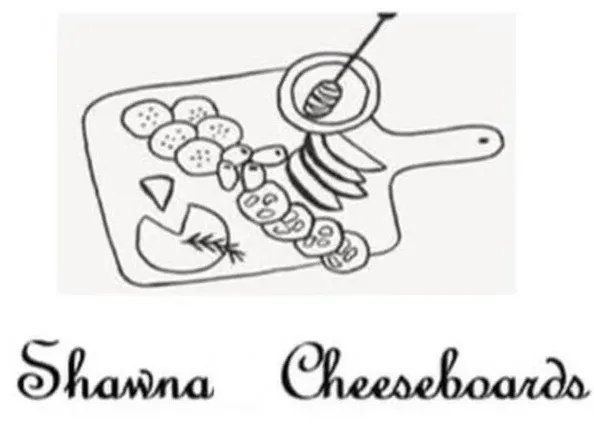Creating a cheeseboard might seem like a daunting task for beginners, but with a little guidance and some creative flair, you can put together a stunning spread that will impress your guests and satisfy your taste buds. Whether you’re hosting a small gathering or just want to treat yourself, a well-curated cheeseboard can be a delightful experience. Here’s a simple guide to help you get started on your cheeseboard journey.
1. Choose Your Cheese
The heart of any cheeseboard is, of course, the cheese. As a beginner, it’s best to start with a balanced selection that includes a variety of textures and flavors. Here are a few types to consider:
- Soft Cheese: Try a creamy Brie or Camembert. These cheeses have a soft rind and a luscious interior, perfect for spreading on crackers.
- Hard Cheese: Opt for something like Gouda or Cheddar. These cheeses are aged, offering a more intense flavor and a firmer texture.
- Blue Cheese: Add a bold flavor with a blue cheese like Roquefort or Gorgonzola. It’s strong but pairs beautifully with sweet elements.
- Fresh Cheese: A mild cheese like Burrata or Ricotta can add a refreshing contrast to stronger flavors.
2. Selecting the Meats
The meats are a central component of a charcuterie board. For beginners, it’s best to start with a few classic options:
- Prosciutto: This Italian dry-cured ham is thinly sliced and has a delicate, savory flavor. It pairs well with a variety of cheeses and fruits.
- Salami: Salami comes in many varieties, such as Genoa or Soppressata. It adds a robust, spicy element to the board.
- Capicola: This is a type of dry-cured pork that offers a slightly spicy and smoky flavor, adding complexity to the selection.
When choosing meats, opt for high-quality products, and consider pre-sliced options for convenience. Aim for a mix of textures and flavors to cater to different preferences.
3. Add Some Accompaniments
To complement the cheese, you’ll want to include a variety of accompaniments. Think about textures and flavors that contrast and enhance your cheese selection:
- Crackers and Bread: Include a mix of textures, such as crunchy crackers and slices of baguette or rustic bread.
- Fresh Fruits: Grapes, apple slices, and berries add a juicy sweetness that pairs well with cheese.
- Dried Fruits: Apricots, figs, or dates bring a chewy texture and a concentrated sweetness.
- Nuts: Almonds, walnuts, or cashews add a delightful crunch and richness.
4. Incorporate Spreads and Condiments
A few well-chosen spreads and condiments can elevate your cheeseboard:
- Jam or Marmalade: A fruit jam like fig or apricot adds a sweet contrast to salty cheeses.
- Honey: Drizzling honey over cheese adds a lovely touch of sweetness.
- Mustard: A tangy mustard can complement rich cheeses and add a bit of zing.
5. Arrange Your Board
Presentation is key to making your cheeseboard visually appealing. Here’s how to arrange your spread:
- Start with the Cheese: Place the cheeses first, spaced out around the board. Arrange them so they’re easily accessible for slicing and serving.
- Add the Accompaniments: Scatter crackers, fruits, and nuts around the cheeses. Try to create a balanced look, with a mix of colors and textures.
- Include Spreads and Condiments: Place small bowls of jams, honey, and mustard on the board. This makes them easy to reach and prevents mess.
6. Garnish and Finish
Finish off your cheeseboard with a few garnishes to add a touch of elegance:
- Herbs: Fresh rosemary or thyme sprigs can add a pop of green and a hint of aroma.
- Edible Flowers: For a touch of whimsy, consider adding edible flowers for color and visual interest.
7. Tips for Success
- Room Temperature: Allow the cheeses to come to room temperature before serving. This helps them develop their full flavors.
- Mix and Match: Don’t be afraid to experiment with different cheeses and accompaniments. The goal is to create a spread that you enjoy.


